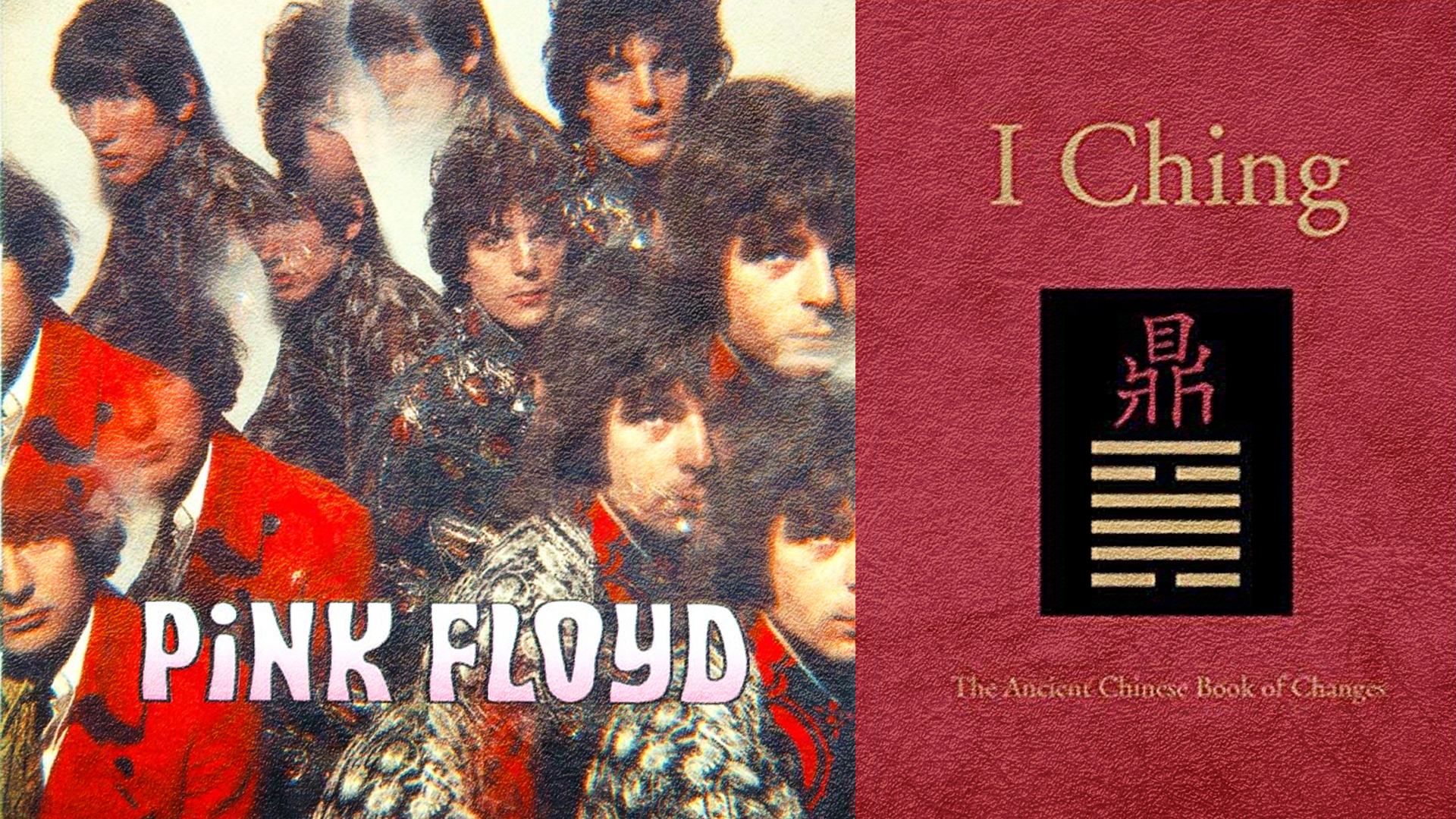By Ersoy İrşi
We continue to discover more about the band that is considered the greatest throughout the entire history of music and that the whole world has listened to: Pink Floyd. taking a closer look, we discover reflections from the Chinese literature classics in the band’s most legendary songs.
Pink Floyd is a music band that has ingrained itself into the 20th century. It was considered to be the best band of all times by many people and became a living legend with its own history of more than half a century. The band had such a deep and a creative style that they became famous not only for their music but also for the deeper philosophy behind it as well as their aesthetics. They achieved such a large fanbase for their musical infrastructure, deep lyrics, album covers and stage performances, that even a separate lore came up among the fanbase.
Books were written, documentaries were prepared, and each album was carefully analyzed. But we are still continuing to explore Pink Floyd and discover new things about them.
One of these newly discovered elements is the Chinese literature behind Pink Floyd song lyrics.
The Five Millenia Old Chinese Script on Their First Album
Pink Floyd’s debut studio album is “The Piper at the Gates of Dawn”, released on August 5th 1967. All the songs in the album (except “Take Up Thy Stethoscope And Walk”) were written and sang by Syd Barrett, who would later leave the band.
Both the title itself and the lyrics of the song called “Chapter 24” are from “I Ching”, a 5,000-year-old Chinese book. Considered to be one of the oldest of the Chinese Classics, the script describes how the changes in the universe can guide the human life and the daily events, in a metaphoric way. It is believed to have been written by Fu Xi who is presumed to be one of the first rulers of ancient China, between 2852 – 2738 BC. It is the first known text, in which the concept of dualism or the “Yin-Yang” appear, which a very common concept in Asian philosophy. It is also one of the first texts in which the foundations of Taoist doctrine has appeared.
Admiration by both Mao Zedong and Roger Waters
The song named “Set The Controls For The Heart Of The Sun” written by Roger Waters, of the band’s second album “A Saucerful of Secrets”, which was released on June 29th 1968, is especially important. It is the only song of Pink Floyd which features material from all five band members (Syd Barrett, Roger Waters, David Gilmour, Rick Wright, Nick Mason). In an interview back in the 1990s, Roger Waters tells that he borrowed the lyrics of “Set The Controls For The Heart Of The Sun”, from an Anthology of the Chinese Poems titled “Poems of the Late Tang”.
The song features verses from the poets Li He and Li Shangyin, who lived during the Tang dynasty. The verses of “witness the man raved at the wall as he wrote his question to heaven,” “watch little by little the night turn around” from Li He, and the verses of “countless the twigs which tremble in dawn” and “one inch of love is an inch of ashes” from Li Shangyin, is heard into the song.
Li He, who inspired Waters, is also one of the Tang dynasty poets that Mao Zedong admires the most.
The lyrics for the Pink Floyd’s 1969 song “Cirrus Minor” for the soundtrack of Barbet Schroeder film “More”, also is a works of Waters. He used the anthology “Poems of the Late Tang” and quoted Li Ho here as well.
“The Communist Party has a huge effect on my worldview”
Roger Waters, who puts samples from the Chinese classics to his songs, is also known for his anti-imperialist and revolutionary statements, besides of being the band leader, lead singer and the songwriter of Pink Floyd. In an interview with Al Jazeera last year, he that said his mother, who was a member of the Communist Party, had a big influence on his own worldview, and said that the oligarchs who rule over the world and their “puppets”, regardless of Trump or Biden or anyone else, did not care about human rights.

















Leave a Reply